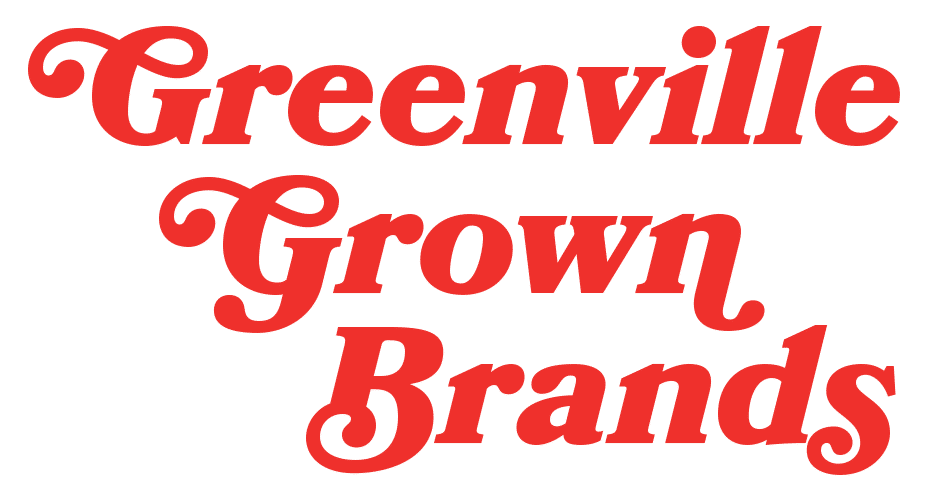“Does sharing links on social media help my web page rank better on search engines?” We get this question a lot from marketers and clients, and the answer is often debated by SMMs (social media marketers) and SEOs.
And our answer? In short, yes … and no:
- Yes: A web page that gets more attention on social media typically ranks better in a search.
- No: But social media posts are not directly manipulating a page’s search rankings.
WHAT DOES THAT MEAN?
According to Google , Facebook and Twitter pages are treated like any other page in their web index. If something is posted on social media and Google is able to crawl it, then that page can be returned in search results. But as far as taking into consideration followers or likes or other social signals on social media sites, Google claims there is no such factor in their web search ranking algorithms.
While we’ll most likely never find out from Google exactly what factors they use in their algorithm to rank sites, many studies have claimed that over 200 individual factors contribute to search rankings. And although Google says social media activity doesn’t directly affect a site’s search engine results page ranking, evidence suggests a strong correlation between strong social signals (more on those later) and search engine ranking performance.
According to Searchmetrics ’ 2016 Rebooting Ranking Factors White Paper:
“The correlation between social signals and ranking position is extremely high, and the number of social signals per landing page has remained constant when compared to the values from last year’s whitepaper. … The top-ranked websites in Google’s rankings displays vastly more social signals than all other pages…. This is primarily due to the overlap between brand websites performing strongly in social networks and being allocated top positions by Google.”
Let’s talk about why that is and how you can take some practical steps to make use of social media to drive traffic to your site and improve visibility on search engines results pages.
WHAT ARE SOCIAL SIGNALS?
According to BigCommerce.com , “Social signals refer to a webpage’s collective shares, likes, and overall social media visibility as perceived by search engines, and they claim these activities contribute to a page’s organic search ranking and are seen as another form of citation, similar to backlinks.”
Though not explicitly stated, these signals may include accessible account-level and post-level metrics specific to each platform. For example, Facebook signals could include account followers, account likes, reviews, and page shares, as well as post-level metrics such as post likes, shares, and comments. Twitter could have some of the same metrics but include platform-specific signals, like retweets. Pinterest may include pins, re-pins, etc.
These signals are metrics that social platforms use to determine how much or how little visibility a post on a platform gets in front of a user’s audience. They also measure how the post performs in public forums, like Instagram’s search suggestions and explore feed, where a user’s posts are selected automatically based on things like the people they follow or the posts they like.
So, if overall social media visibility as perceived by search engines is the key to a social media post impacting a web page’s search performance (with a shared link, in this case), how do we garner the engagement necessary to appear at the top of search engine results pages?
EIGHT WAYS TO INCREASE SOCIAL SIGNALS
1. Create quality blog content.
Valuable content is the key to opening the algorithm and climbing the search engine result pages (SERPs). Create high-quality content that informs, entertains, or inspires action in those who consume it. Content that adds value to the consumer or client is usually more liked, shared, retweeted, and followed than content that doesn’t—and as a result, the average ranking for valuable content is often higher on SERPs.
2. Optimize content for social sharing.
Create a content calendar to keep you on-schedule, on-brand, and focused, and use titles that attract interest and encourage engagement. Include social sharing buttons on your content so users can easily post to their social media accounts.
3. Optimize your social media profiles.
Include your website URL in social profiles. It could be to your homepage, your blog, a lead generating landing page, a newsletter signup, etc. Make sure your bio is kept up to date and use a consistent image across all social profiles.
4. Share your blog posts on social media.
Share your blog articles on appropriate platforms and invite others into the conversation. And don’t just post it on your feed—seek out opportunities to share it on other threads. Look for people who the content may help, reply with a thoughtful note, and link to the content.
5. Go beyond just posting a link to your blog.
Use the accompanying social media post to offer value and increase engagement with your audience. Pose a question that your content answers, shed light on the issues your content helps solve, make a joke—anything that builds interest.
6. Use your network.
You’ve put a lot of work into building a network of brand ambassadors, loyal fans, followers, customers, and clients—engage them with your social media posts and encourage them to like, comment, and share.
7. Ask for ratings and reviews.
Google My Business listings include reviews and ratings in the “Reviews from the Web” sidebar from Google and Facebook. Encourage customers and clients to give reviews and rate your business on these platforms, which will increase your authority and relevance in the eyes of the Google bots.
8. Track your progress.
Use Google’s search console to track the movement of your landing pages in search engine results for different search queries. As you ramp up SMM efforts, take note of how landing pages shared on social media platforms climb search engine results pages over time.
WHICH PLATFORMS MATTER MOST?
The platforms you use play a big role in how social signals boost your search rankings. Here are some of the top ones to consider:
- Twitter: Moz reports that data from Facebook was largely unused by Google (due to not having access to personal wall data from Facebook), but that “retweets serve as a new form of link building. Get your page mentioned in tweets by authoritative people, and that can help your ranking in regular search results, to a degree.” Also, when you search for a brand on Google, relevant tweets now appear in SERPs.
- Facebook: Despite sources saying Facebook is largely unused by Google’s algorithms because of indexing limitations, the social network accounts for over 57% of content shared on social media platforms (compared to 18% from Twitter)—and getting your post shared adds up to more visibility for your content.
- YouTube: It is actually the second most-searched search engine , and videos on YouTube show up directly in Google results—so it certainly affects search performance.
- Message Boards: You can increase opportunities for inbound links by participating in online forum discussions on Quora, Reddit, etc. Although links from these types of accounts are often “no follow” links and don’t directly affect your page rank, this sort of activity contributes to your SEO efforts by growing your brand awareness, driving targeted traffic, and increasing your website ranking.
Here’s how you can get up and running on message boards that work for your brand:
- Locate where your target audience posts questions and reviews about products similar to yours.
- Create a profile including your brand name and website link in the description.
- Provide valuable commentary (but not advertising!), including a link to your specific pages on your website where readers can learn more.
Bottom Line : With over 200 factors in Google’s ranking algorithm, social media signals are only one of many data points that come into play. And while Google claims they aren’t a ranking factor, the correlation between social media signals and search performance is undeniable. Take steps to better engage your customers and clients on social media with valuable content that increases your site’s visibility on social media and improves your search rankings.
Need help with your Social Media Marketing strategy? With expert copywriters and digital strategists in house, social media strategy, SEO strategy, and content development are a big part of what we do at FUEL.








